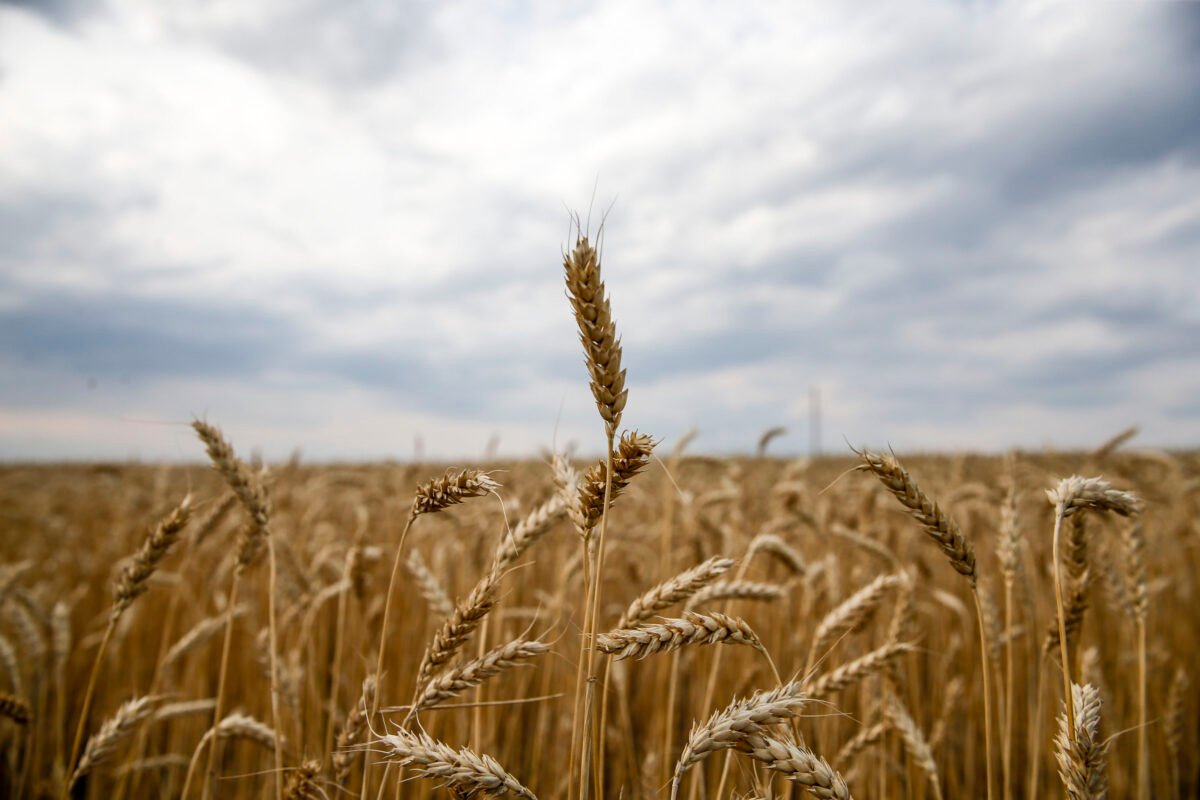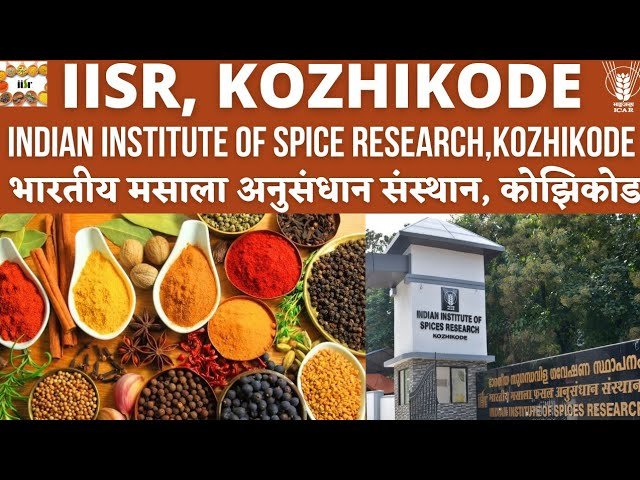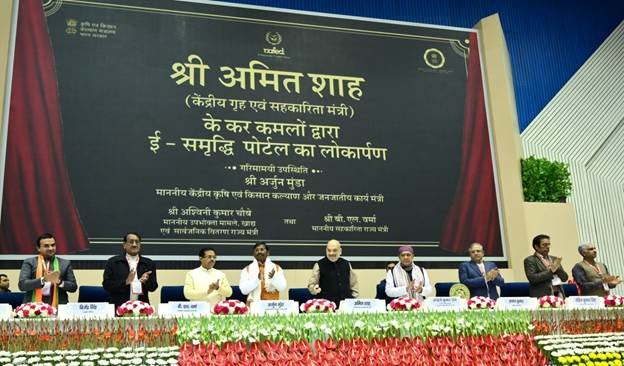Benson Hill announces gains in soybean breeding program
Company expects to increase yields of Ultra High Protein Low Oligosaccharides, non-GMO varieties to be within 3 to 5 bushels per acre of commodity GMO soy varieties.
Benson Hill, Inc., an ag tech company unlocking the natural genetic diversity of plants, announced that recent advances in its soybean breeding program will drive the doubling of its seed portfolio by 2025. The latest field evaluations on Benson Hill’s third generation of Ultra High Protein Low Oligosaccharides, non-GMO soybean varieties showed protein gains of 2 per cent over the previous generation and achieved a yield gap of only 3 to 5 bushels per acre, compared with commodity GMO soybeans.
“We’ve successfully demonstrated that CropOS®, our AI-based prediction and data insights platform, can drive our predictive breeding efforts and give us a step-change forward on multiple traits like protein and yield,” said Jason Bull, Chief Technology Officer of Benson Hill. “We are now seeing massive gains in the field that minimize the trade-off between yield and protein, surpassing expectations from when we began building on the high-protein soybean genetics we acquired in 2019.”
“What this means for the industry is that we’re accelerating our speed to market with de-risked, outcome-based products in record time,” Bull added. “We expect to expand our portfolio of seed innovations again in 2025 to offer two dozen varieties that encompass protein, lower indigestible sugars, and quality oil.”
Benson Hill Chief Executive Officer Deanie Elsner also announced at FARMCON 2024 an expansion of its commercially available soybean portfolio for 2024, adding five value-added varieties to its lineup. Benson Hill previously offered about a dozen soybean seed varieties that deliver ultra-high protein, high-oleic and low-linoleic oils, and low-oligosaccharide quality traits. For the 2024 planting season, U.S. soybean farmers can choose from more than 20 varieties across several relative maturity groups.
Benson Hill’s herbicide-tolerant Ultra High Protein soybean varieties are on track for commercial release in 2025, with acreage and further portfolio expansion expected in 2026. This is a major step in providing farmers options for weed control and enabling lower-cost, broadacre production of already advantaged Ultra High Protein soybeans for the feed industry.
By leveraging deep insights on its proprietary soybean germplasm, Benson Hill is strategically positioned to drive seed innovation in broadacre opportunities for the aquaculture, pet food, swine and poultry markets – some 90 percent of the soy market.1 According to Elsner, the recent field evaluations support Benson Hill’s acceleration to an asset-light model focused on partnerships and licensing, including seed.
“Over the last several years, we’ve discovered ways to boost soy protein by 8 to 10 percentage points over commodity, and there are more seed improvements coming in geographies relevant for poultry production,” Elsner told FARMCON attendees “Today, Benson Hill is well positioned to validate our products with customers and end users to create market demand and begin to scale our seed innovations across approximately 7 million acres by 2030.”
Company expects to increase yields of Ultra














